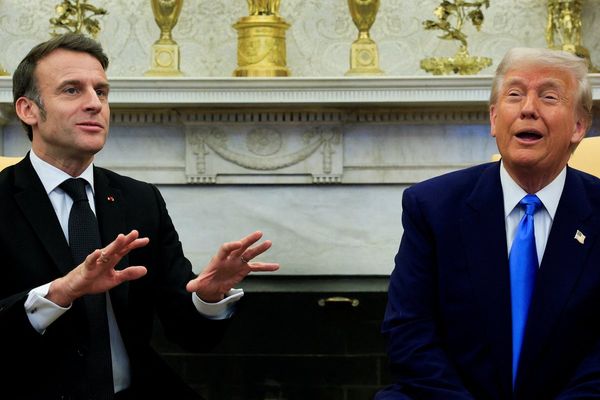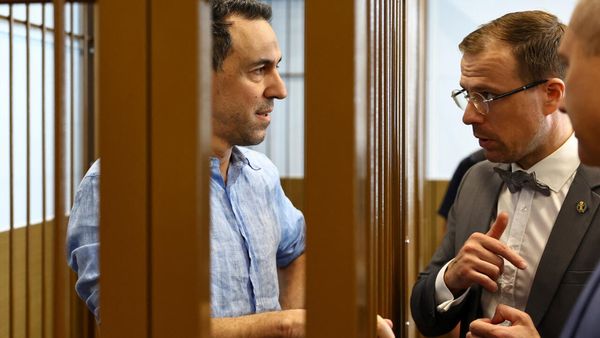
On Sunday, scenes of armed and uniformed Hamas terrorists celebrating were witnessed in Gaza as the first three Israeli female hostages were released following a cease-fire deal. The armed men in Deir al-Balah, central Gaza, were reported chanting threats against Israel amidst honking horns and blaring music.
Israeli military experts express concerns that the agreement could allow Hamas to reorganize its forces in Gaza and repopulate the northern border area with Israel. Former IDF spokesman highlighted the challenges Israel faces in dealing with Hamas and the release of convicted Palestinian terrorists as part of the deal.
A senior Hamas official boasted about plans for future attacks on Israelis, referencing past violent incidents. The official vowed to expel Israel from Palestine and Jerusalem, emphasizing a commitment to ongoing resistance against Israel.
Despite the cease-fire deal, Israeli officials are focused on the urgent return of the remaining hostages. The government's priority is to ensure the safety of the hostages while maintaining a stance against Hamas and seeking to create a new reality in Gaza.
Israeli commentators and experts have expressed concerns about the implications of the cease-fire deal on Israel's ability to achieve a decisive victory over Hamas. The deal comes at a time when Hamas's military capabilities have been significantly weakened, with Hezbollah also reaching a cease-fire agreement with Israel.
The agreement involves significant concessions by Israel, including the release of Palestinian terrorists, raising concerns about potential future threats. The death toll among Hamas and other terror groups in the conflict has been estimated at around 20,000, with a Hamas commander appointed to rebuild the organization.







